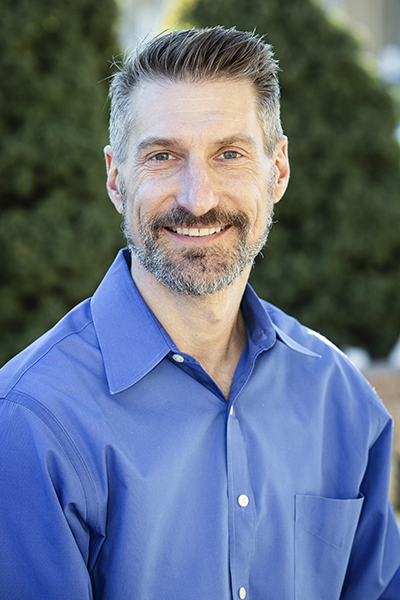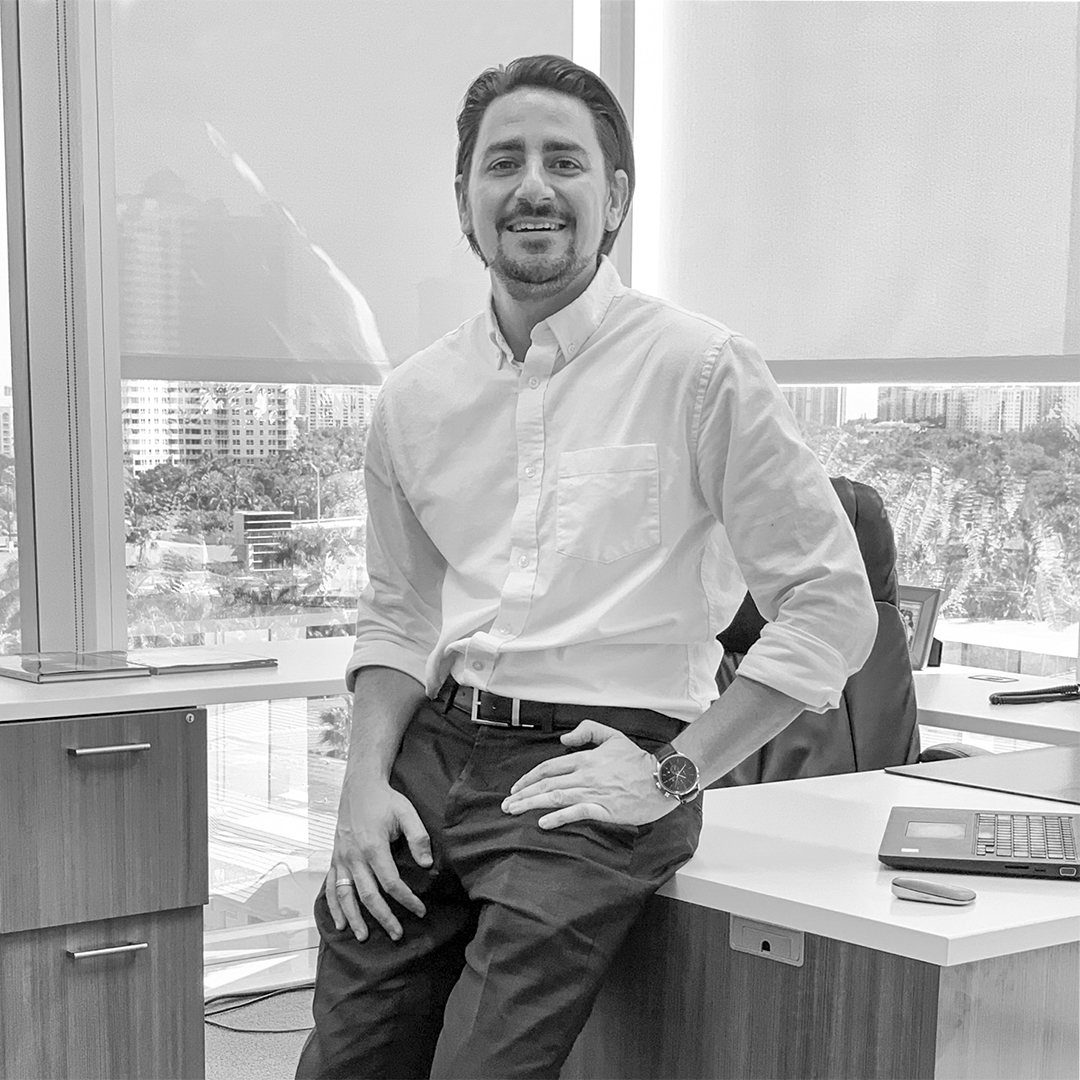A self-described “boomerang employee,” Erich WonSavage returned to the Mental Health Center of Denver (MHCD) in 2018 to take on the role of director of human resources.
He started his career as a recruiter at MHCD back in 1999, working his way up to HR manager and staying seven years. WonSavage then left to join the public sector and spent the next twelve years working in Colorado for the likes of the City of Littleton, South Suburban Parks and Recreation, and the South Metro Fire Rescue Authority.

“MHCD kept growing and growing,” WonSavage shares. “I knew what their work culture was like, so when they opened this opportunity, I happily came back as the HR director. I knew their culture was very people focused and employee focused, and that was something that meant a lot to me.”
In fact, the healthcare not-for-profit was selected as one of the Denver Post’s Top Workplaces in its annual list for seven years in a row—and this is an award initiated by the employees itself.
“It says a lot about what they do and how they treat their employees, and I always knew that at some point, it would be a very good thing for me to come back and work in this culture again,” WonSavage says.
In his current role, WonSavage helps foster that culture throughout the organization, which consists of approximately eight hundred employees across thirty-five sites.
“We try very hard to focus on our employees’ wellness,” he says. “We also work toward equity and fairness. We think about how things will impact not just the one situation or moment and resolve that, but if we make a decision, how it will ripple through the organization and be viewed by all employees.”
Additionally, his department thinks hard not only about the employee experience but the management experience as well. When he first came back, one of the areas WonSavage looked to improve upon were the pain points involved with MHCD’s hiring process.
“Healthcare is notorious for having a lot of credentialing, background checks, and things that a lot of organizations in modern times have done away with or do a lot less,” WonSavage says. “We’re changing the candidate’s experience and making sure the application is broken up into smaller pieces so that they stay engaged in the recruitment and hiring process, rather than having to do everything up front and hope for the best.”
That means starting with the résumés and some initial questions and asking for the work history as applicants get further on, which speeds everything up and makes things more convenient for those going through the recruitment process.
WonSavage has recently implemented Greenhouse, a nimble applicant tracking system that allows for the customization of the hiring process and allows the interview to be conducted electronically.
Another big project coming up is the development of new pay grades for a number of MHCD employees to stay in compliance with new state and federal laws.
“We are looking into putting together a pay plan and incorporating that into our hiring practices. To us, that’s about equity,” he says. “We also feel it’s fair to have a pay philosophy that we can explain, and so we are in the process of pulling that market data and making decisions on how we will build these pay grades for our nonunion folks.”
“We think about how things will impact not just the one situation or moment and resolve that, but if we make a decision, how it will ripple through the organization and be viewed by all employees.”
Most recently, WonSavage and his team have had to factor in the COVID-19 pandemic and how that impacts MHCD and its employees.
“We’ve been learning to do a lot of work remotely and learning to do that quickly, so it’s been a big shift in how we do our work and connect with people,” he shares.
One of his goals for 2020 is to increase MHCD’s relationships with schools and universities. Another is to educate employees about the various career paths within mental health.
“One of the things we are about is creating connectedness—whether that’s the mental health component when working with people we serve, or within the organization, where we have employees coming together to create social teams and groups, such as a group of employees who join up for a 5K or marathon or participate in a bowling league,” WonSavage notes. “We are hardwired for this connectivity, and that is really becoming an extension for us with what we are doing with some universities.”
MHCD is working directly with schools who have social work, psychology, and licensed addiction counseling programs so they are ready to get into the work market as soon as they graduate. Part of the relationship is helping students find jobs relevant to the degree they are seeking, and some of the schools allow the jobs to count toward their internship requirements.
“If the school wants us to, we will come into the classroom and speak about what it’s like to work in the industry,” WonSavage says. “I think that provides a little more real experience for school programs and helps the student know what it will be like when they start a job in the mental health field.”
And he wants them to see the MHCD difference, where the organization provides development teaching, management training, and other opportunities for those in the organization looking to advance in their careers.
Plus, it puts a big focus on employees having balance in their lives. “We talk about being mindful and getting out to do other things outside of work,” WonSavage says. “We’ve recently hired an additional full-time case manager who doesn’t have a caseload of their own and floats from team to team, bridging the case load for people on vacation or on leave. This helps reduce the stress of returning to work feeling behind and provides better-quality care to the people we serve. Things like that make people enjoy being part of MHCD.”


